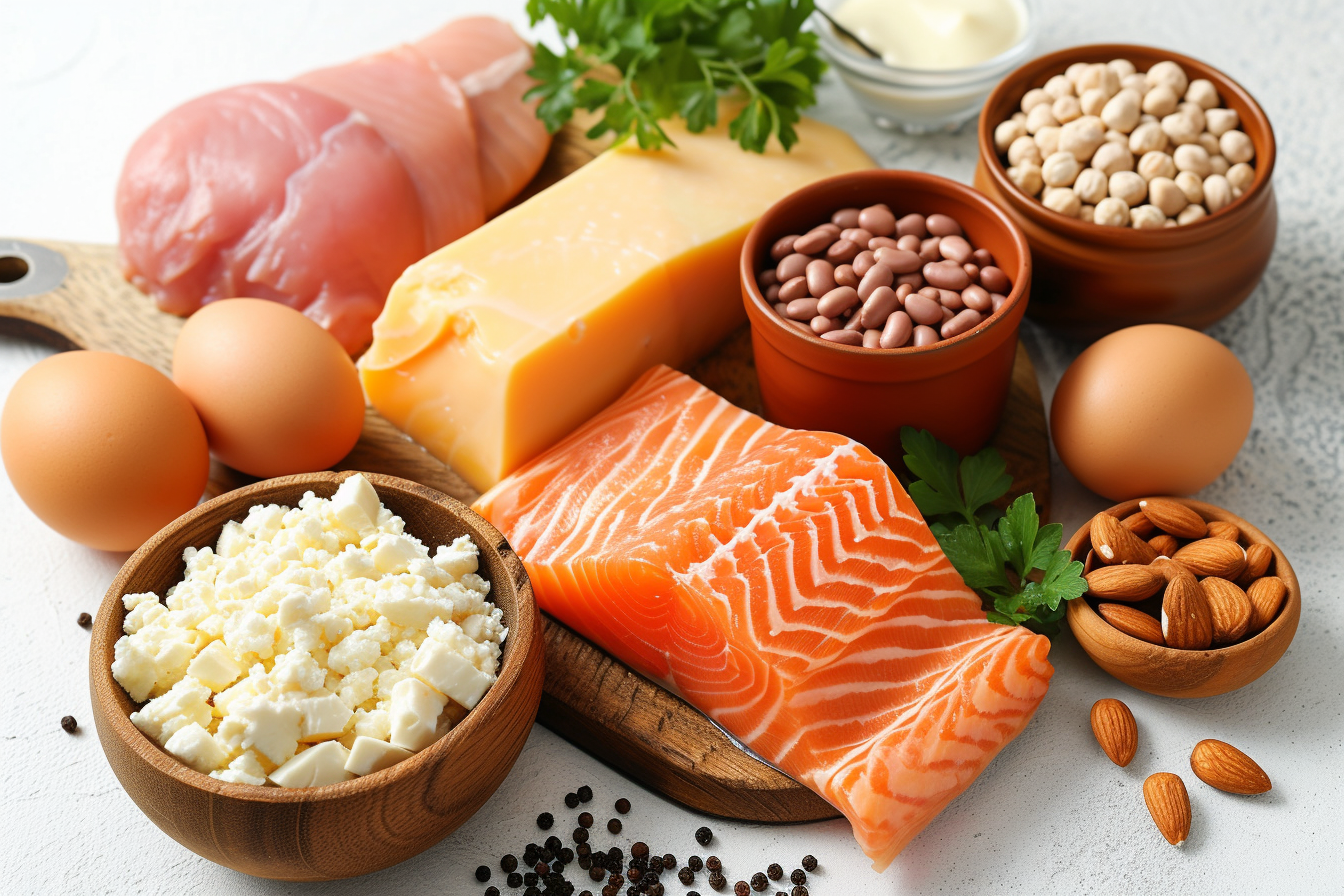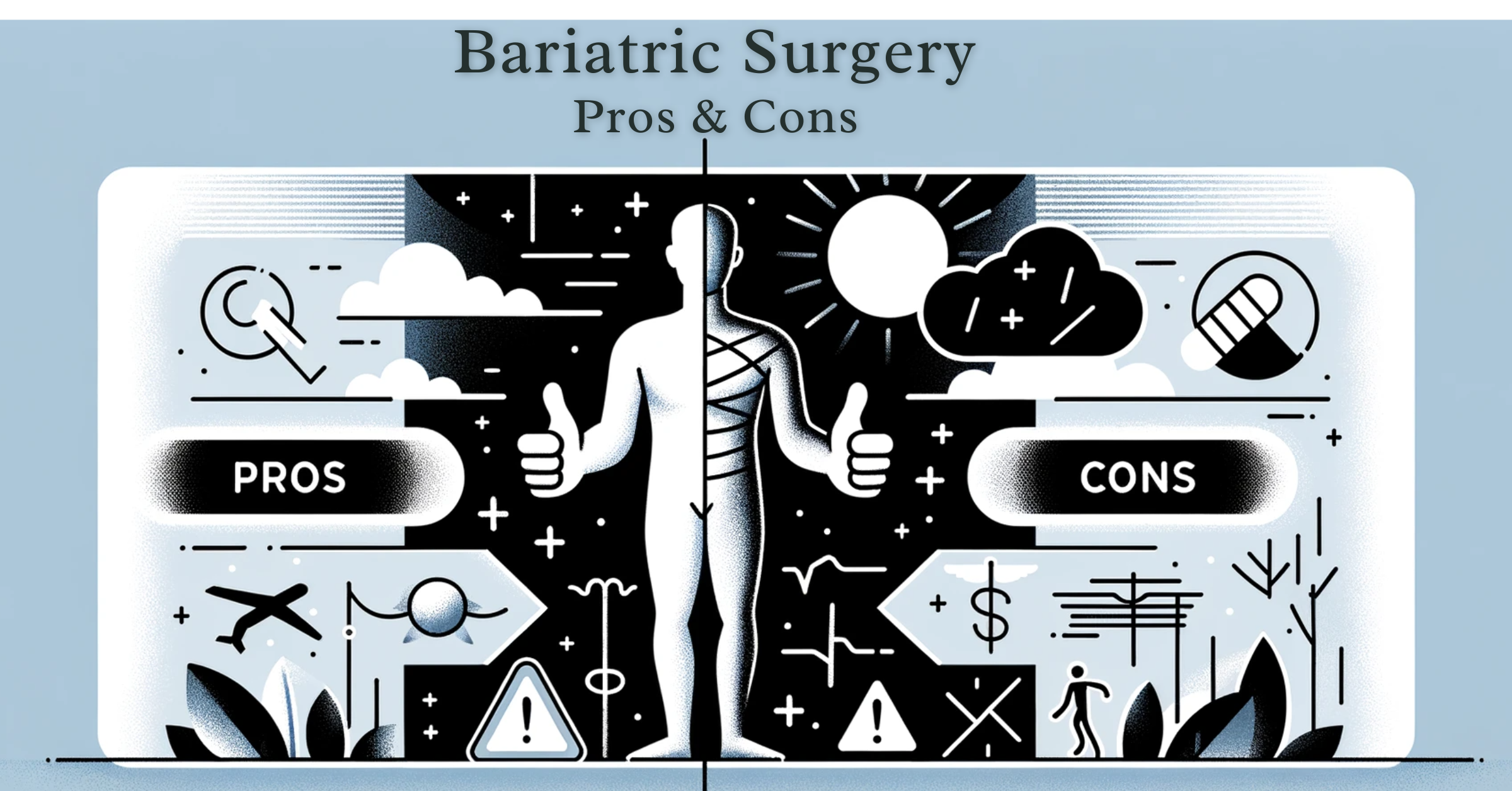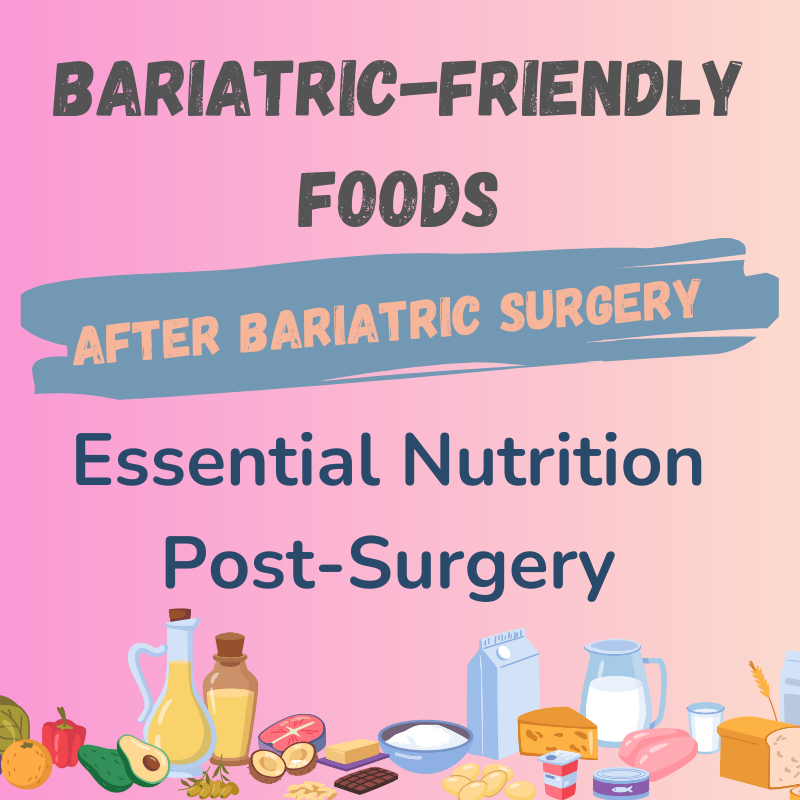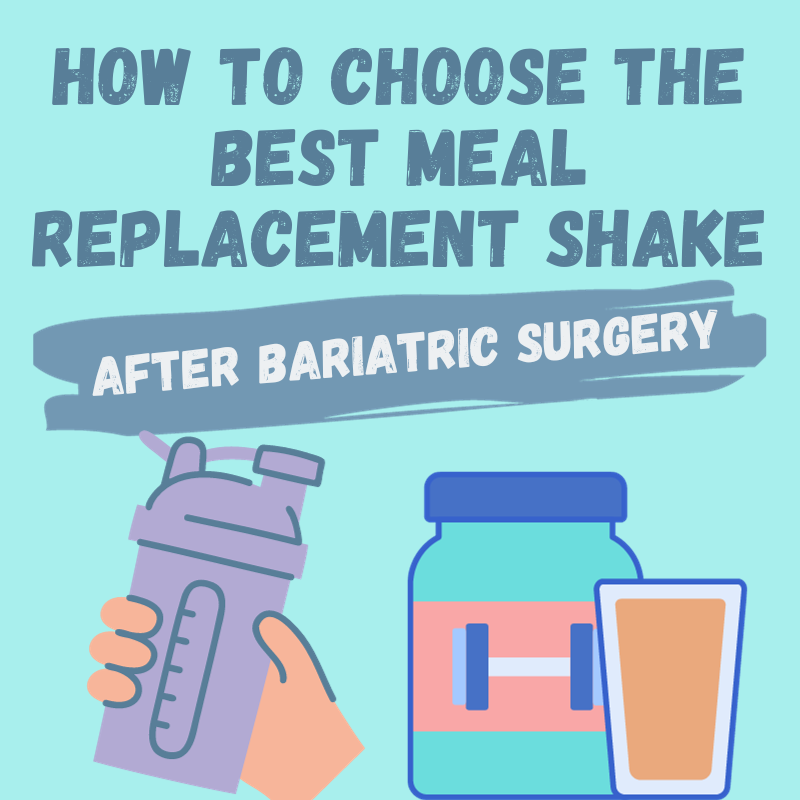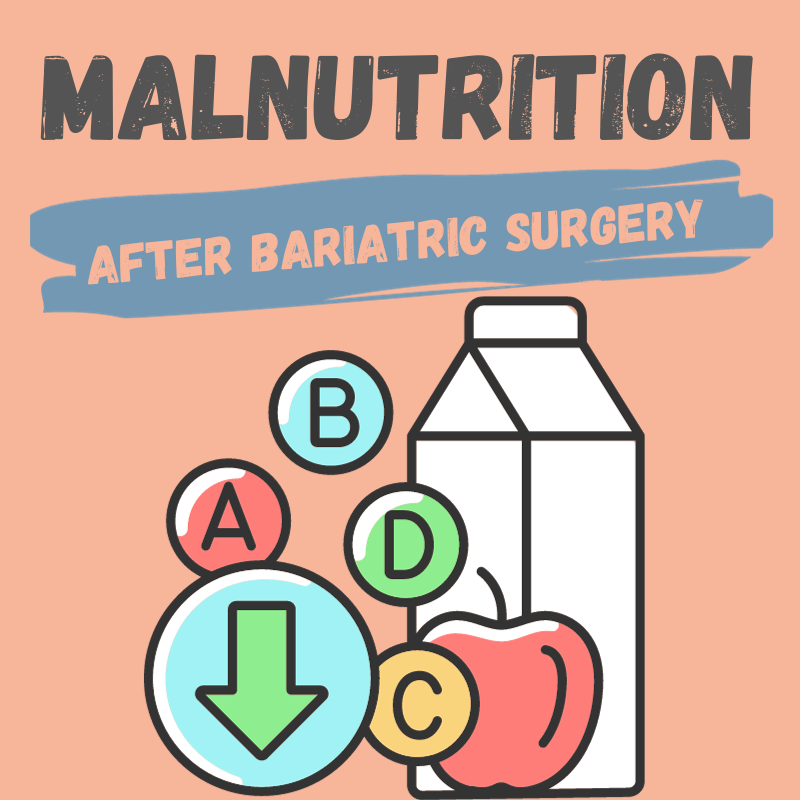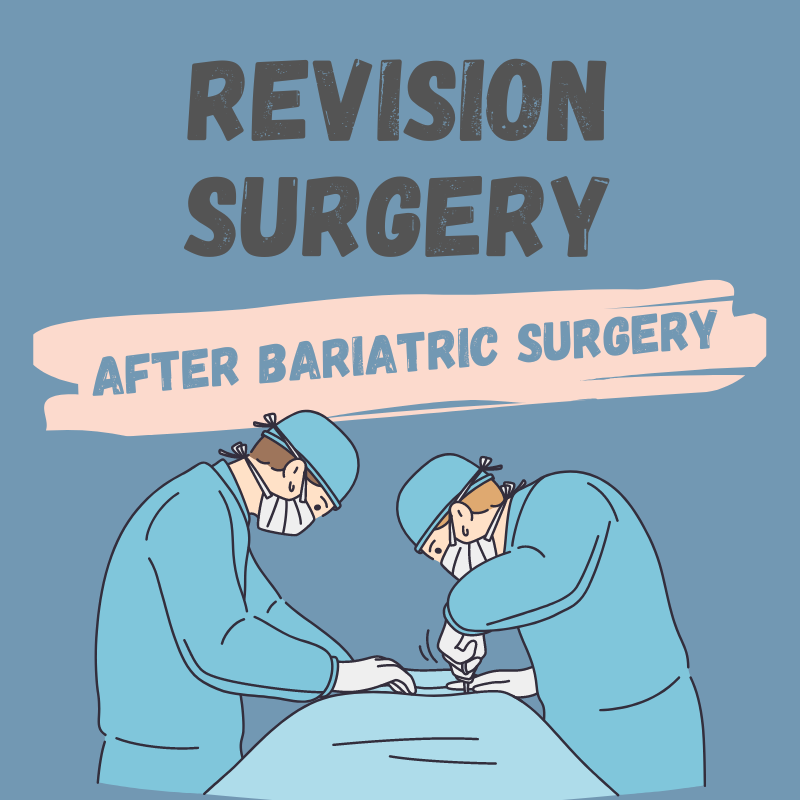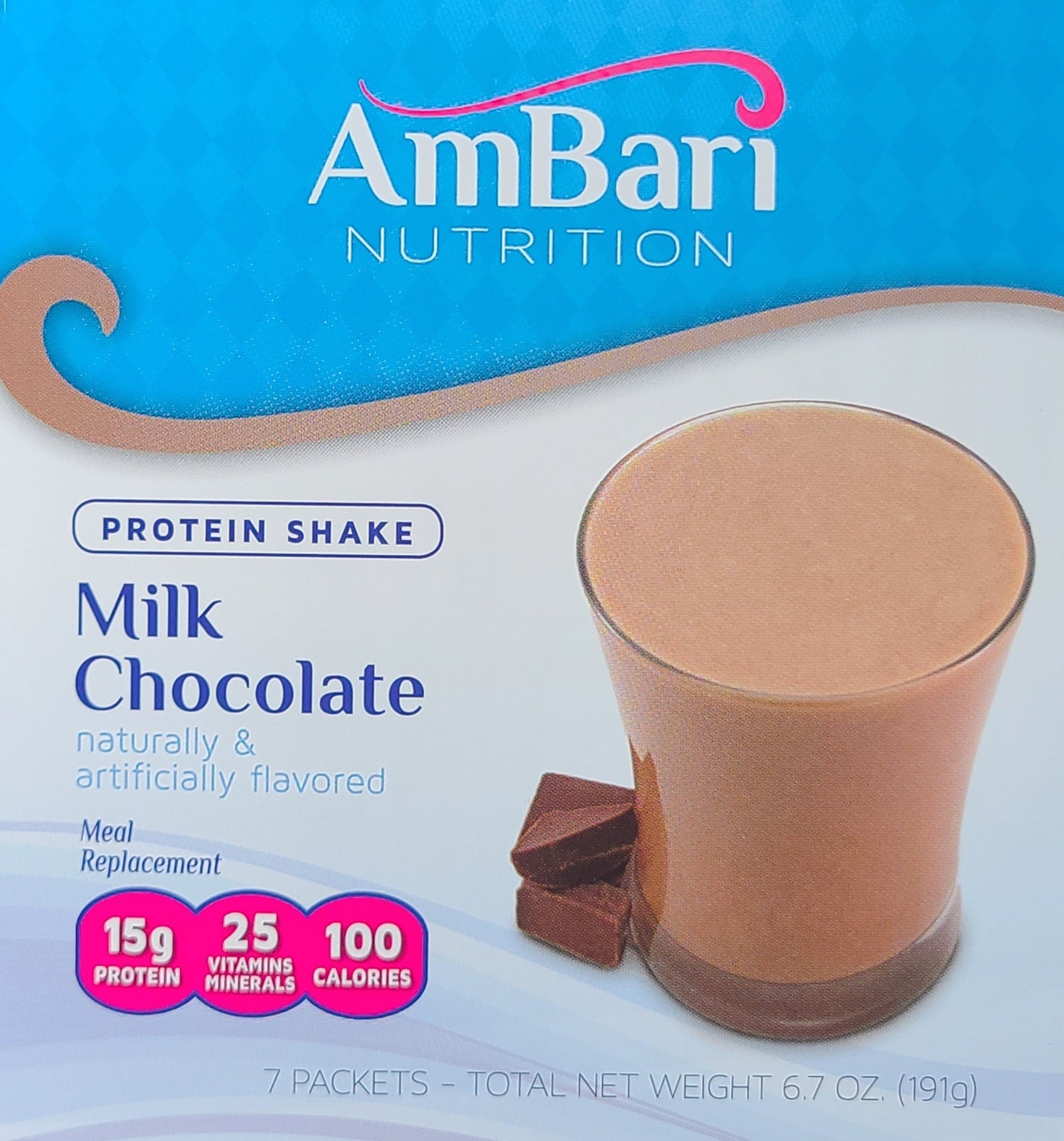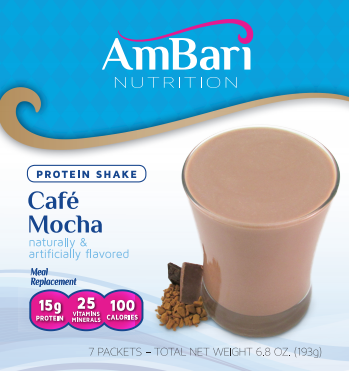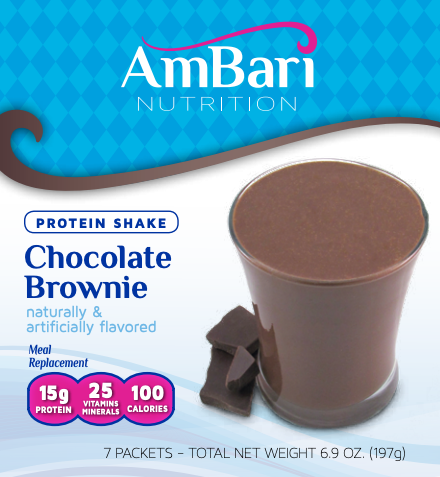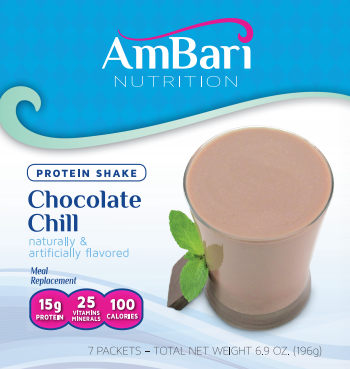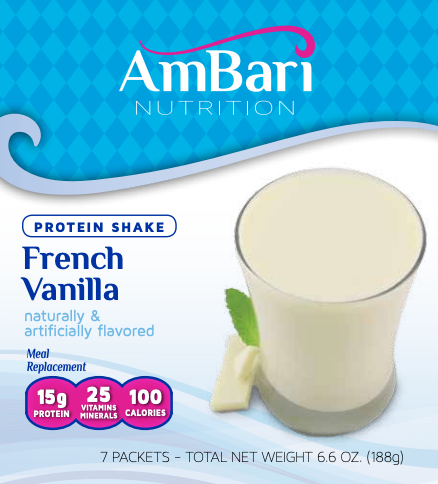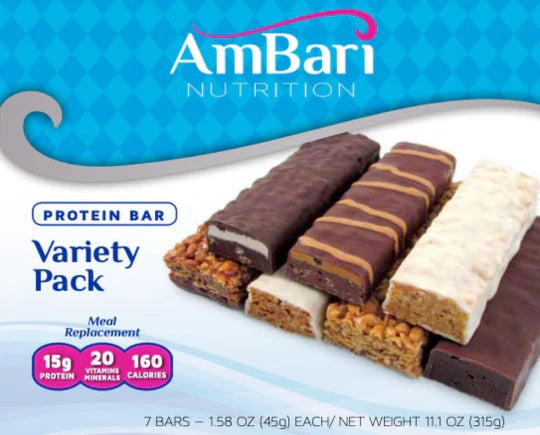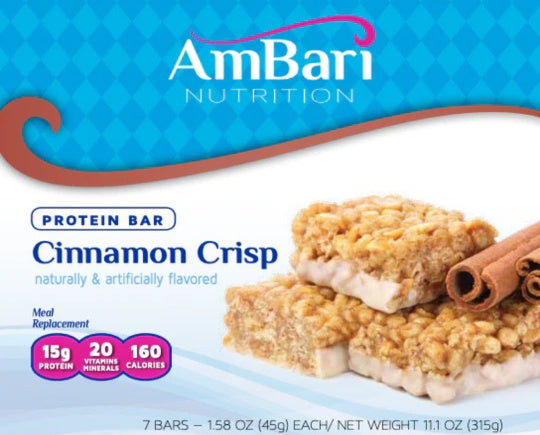Your cart is empty
Staying Hydrated Post-Bariatric Surgery

Dehydration in Bariatric Patients
Key Takeaways:
- Bariatric surgery can increase the risk of dehydration due to changes in the stomach's capacity and digestive function.
- Water plays a crucial role in bodily functions, including nutrient transportation, joint lubrication, temperature regulation, and digestion.
- Adequate hydration can boost energy levels, improve skin health, assist in weight loss, and stabilize mood.
- Hydration is particularly important for bariatric patients to aid digestion, nutrient absorption, and prevention of postoperative complications.
- Recommended water intake post-bariatric surgery may exceed the usual 64 ounces per day, given the altered digestive function.
- It's advisable for bariatric patients to sip water slowly but regularly and use hydration reminders to ensure consistent intake.
- Overhydration, or water intoxication, is a potential risk if water intake exceeds the kidney's elimination capacity.
Why Bariatric Surgery Patients Are at Risk of Dehydration
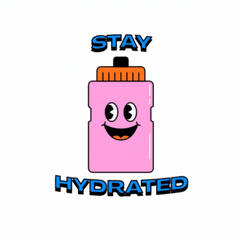
Bariatric surgery introduces significant changes to your digestive system. This procedure, while highly effective for weight loss, alters the way your body handles both food and liquids. The surgery often involves reducing the size of the stomach and possibly rerouting parts of your digestive system.
These changes can make consuming sufficient fluids more challenging. Because your smaller stomach can only accommodate limited quantities at a time, it may be difficult to drink enough water to meet your body's needs. This is particularly true in the early stages of recovery, when your body is adjusting to the changes. As a result, bariatric surgery patients are at an increased risk of dehydration, making fluid intake a vital aspect of post-surgical care.
Specifics of Dehydration Post-Bariatric Surgery
Post-bariatric surgery, the stomach's capacity is drastically reduced. This change limits the volume of fluid you can consume comfortably at a single moment. It's not just a matter of feeling full from liquids; drinking too quickly or too much at once can cause discomfort and even vomiting, which further contributes to fluid loss.
Additionally, changes in your digestion can cause you to lose fluids more rapidly. For instance, certain types of bariatric surgery might increase the frequency of urination or cause diarrhea, both of which increase fluid loss. Therefore, the risk of dehydration can be higher and more complex after bariatric surgery.
Signs of Dehydration After Bariatric Surgery
Recognizing the signs of dehydration early on can significantly reduce the risk of complications and discomfort after bariatric surgery. Due to the changes in your digestive system, you may experience dehydration differently than before. Your body will send various signals indicating a lack of sufficient hydration. It's essential to pay attention to these signs so that you can take the necessary steps to replenish your body's water levels.
Common Symptoms of Dehydration Post-Surgery:
- Dry Mouth and Thirst: This is usually the first sign. Remember, if you're feeling thirsty, you're likely already dehydrated.
- Infrequent Urination: If you're well-hydrated, you'll urinate regularly. Less frequent urination is a clear indication of dehydration.
- Dark-Colored Urine: Hydration results in light-colored urine. If your urine is dark yellow or amber, it's a sign you need more water.
- Fatigue or Sleepiness: Dehydration can make you feel unusually tired or lethargic, as your body struggles to function without enough water.
- Headaches: Dehydration headaches can range from mild to severe migraines, often exacerbated by physical activity.
The Importance of Hydration After Bariatric Surgery
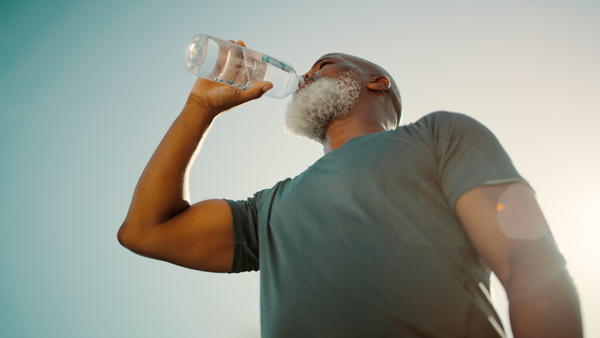
Role of Water in the Body
Water isn't just a thirst quencher; it's a fundamental part of virtually all bodily functions. It aids in nutrient transportation, helping to deliver essential vitamins and minerals to different parts of the body. It also acts as a lubricant for our joints, allowing us to move freely and comfortably.
Moreover, water plays a critical role in regulating body temperature and facilitating digestion. It helps break down the food we eat, making nutrients easier for the body to absorb. Without sufficient water, these functions can be compromised, leading to various health issues, from constipation to impaired cognitive function.
Benefits of Proper Hydration
Proper hydration goes beyond merely avoiding dehydration. It can significantly impact your well-being and quality of life. For starters, it can boost your energy levels. Dehydration often causes fatigue, so staying hydrated can keep your energy up.
Moreover, hydration can improve your skin health. Water helps to keep your skin moisturized and elastic, promoting a healthier complexion. It can also aid in weight loss by helping you feel full, thereby reducing the likelihood of overeating.
Additionally, staying hydrated can enhance your mood. Dehydration can cause irritability and difficulty concentrating, so drinking enough water can help keep your mood stable.
For bariatric patients, hydration plays an even more crucial role. It assists in digestion and nutrient absorption, which can be particularly beneficial as your body adjusts to the new way of processing food. Staying well-hydrated can also aid in preventing postoperative complications, promoting a smoother recovery and a successful weight loss journey.
Practical Tips to Stay Hydrated
Recommended Water Intake
Hydration is not a one-size-fits-all concept. While most health professionals suggest a baseline of around 64 ounces (about 2 liters) of water per day, this can vary depending on individual needs, activity levels, and environmental factors. After bariatric surgery, this need may increase due to the altered digestive function and potential for increased fluid loss.
However, don't be daunted by the numbers. Remember, your ability to drink large quantities at once will be limited post-surgery. The goal should be consistent, gradual hydration throughout the day, rather than attempting to reach your water intake goal in a few sittings.
Sip Slowly But Regularly
Post-surgery, it's essential to adjust your drinking habits. Your newly sized stomach won't accommodate large amounts of liquid at once. Drinking too much too quickly can lead to discomfort and even nausea. Thus, the key strategy is to sip slowly but regularly.
It might be helpful to have a water bottle handy throughout the day. Take small sips every few minutes. This practice ensures a steady intake of fluids without overwhelming your stomach.
Use Hydration Reminders
In the hustle and bustle of daily life, it's easy to forget to hydrate. This is where hydration reminders can come in handy. There are various tools you can use, from mobile apps that remind you to drink water to water bottles with volume markings and hourly reminders.
These tools can help you track your daily water intake and remind you to sip regularly, ensuring that you stay on track with your hydration goals.
Recognizing Overhydration
Overhydration, while less common than dehydration, is a real concern, especially if you're making a concerted effort to drink more. Also known as water intoxication, overhydration happens when you consume more water than your kidneys can eliminate.
Symptoms may resemble those of dehydration, including nausea, vomiting, and headaches. However, overhydration can also lead to confusion, seizures, and in severe cases, coma. If you experience these symptoms, it's important to seek medical help immediately.
How to Avoid Overhydration
The key to proper hydration is balance. Drinking large amounts of water in a short period can overwhelm your kidneys and lead to overhydration. This is especially risky after bariatric surgery, as your body's ability to process fluids has changed.
To avoid overhydration, don't just gulp down water. Instead, aim for steady and regular water intake throughout the day. Listen to your body's signals of thirst and fullness. If you're urinating every 20-30 minutes or your urine is entirely clear, you might be drinking too much.
Remember, hydration isn't just about avoiding dehydration; it's about maintaining a healthy balance. By understanding your body's needs and adopting practical strategies, you can ensure optimal hydration after bariatric surgery.

Conclusion
Patients undergoing bariatric surgery face a heightened risk of dehydration due to changes in the digestive system that affect fluid intake and retention. Proper hydration is crucial post-surgery as water plays a vital role in bodily functions like nutrient transport, joint lubrication, temperature regulation, and digestion. Besides preventing dehydration, adequate hydration can boost energy, enhance skin health, aid weight loss, and improve mood. It's recommended that post-bariatric surgery patients sip water slowly but regularly, use hydration reminders, and monitor their intake to prevent overhydration.
Frequently Asked Questions
How soon after my surgery can I start drinking water?
You should be able to start sipping water and other clear liquids within a few hours after surgery, but always follow your surgeon's advice.
Can I drink water during meals?
Drinking during meals can fill up your smaller stomach quickly, leaving less room for nutrient-dense foods. It's generally recommended to avoid drinking 30 minutes before and after meals.
Author: Allison Eisenberg Allison is a certified nutritionist and author with over 15 years of experience writing in the health and weight loss industry. She is passionate about helping people achieve their goals through proper nutrition and exercise. As a certified nutritionist, Allison has worked with clients from all walks of life and helped them make positive changes to their diet and lifestyle. |
Reviewed By: Dr. K. Huffman Kevin D. Huffman, D.O. is a board-certified bariatric physician who has dedicated his career to treating obesity. With over 10,000 patients under his care, he has become a respected authority in the field of bariatric medicine. Dr. Huffman has trained and mentored hundreds of healthcare providers and is widely recognized as a national leader in the field. |
Bariatric Guides & Information
More Info
Customer Favorites
- Choosing a selection results in a full page refresh.

